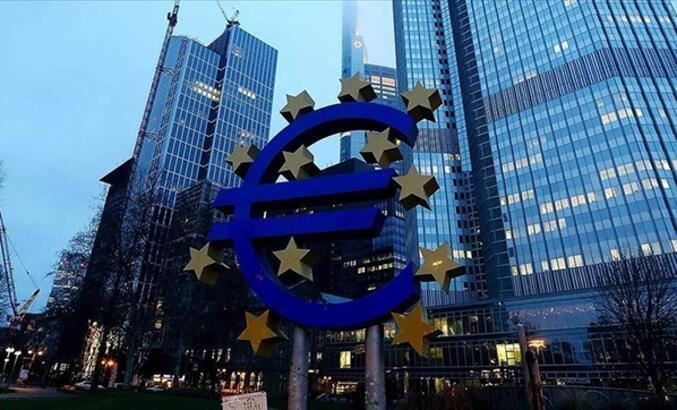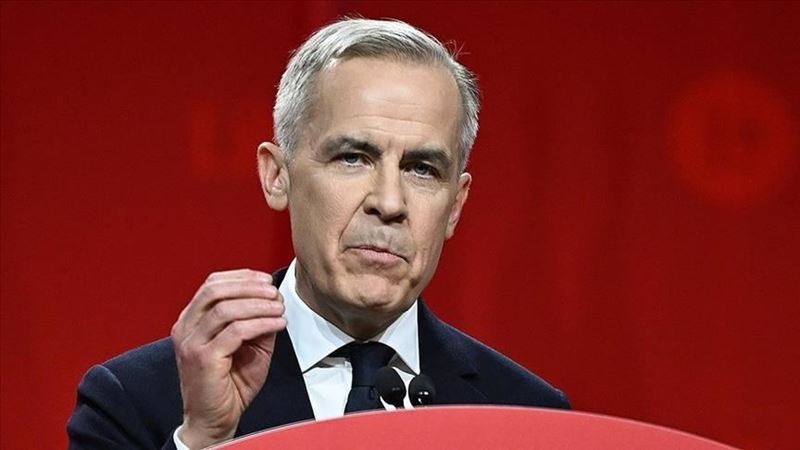Lagarde attended the "Monetary Dialogue" session of the Economic and Financial Affairs Committee of the European Parliament (EP) via video conference.
Reminding that the growth lost girls as a result of the measures implemented due to the rapid spread of the Omicron variant in the last quarter of last year, Lagarde stated that despite this, the Gross Domestic Product (GDP) of the Euro Area is approaching the pre-epidemic levels.
Pointing out that he expects the current epidemic wave and the restrictions applied to negatively affect the growth data at the beginning of this year, Lagarde said, "Supply bottlenecks and high energy costs are expected to reduce economic activity in the short term." said.
Stating that the current epidemic wave is less damaging to economic activity than before, Lagarde said that although there are signs that the bottlenecks are starting to ease, this will continue for a while.
Recalling that inflation in the Eurozone rose to 5.1 percent in January, Lagarde said, "Inflation will most likely remain high in the near future. Energy prices continue to be the main reason for the increase in inflation." he said.
Pointing out that energy costs drive prices up in many sectors, Lagarde reminded that food prices also increased due to seasonal factors, increased transportation and fertilizer costs.
Lagarde stated that the price increase has become more widespread with the prices of many goods and services rising significantly.
Explaining that the uncertainties about the epidemic have decreased somewhat, Lagarde stated that geopolitical tensions have increased and that constantly high energy costs may cause a stronger-than-expected slowdown in consumption and investment.
"Compared to our December expectations, risks to the inflation outlook remain on the upside, especially in the short term. Inflation may be higher if price pressures lead to higher-than-expected wage increases or the economy returns to full capacity faster," Lagarde said. made its assessment.
Emphasizing that they will carefully examine how high energy prices will reflect on the economy and how they will affect the general outlook, Lagarde said, "Inflation is likely to remain high for longer than previously expected, but it is likely to decline this year." used the phrase.
Annual inflation in the Eurozone reached 5.1 percent in January due to the rise in energy prices, reaching its highest level on record.
Inflation was well above the ECB's 2 percent target.
The rise in general price levels, especially in energy products, draws attention in Europe.









Comments
No comment yet.